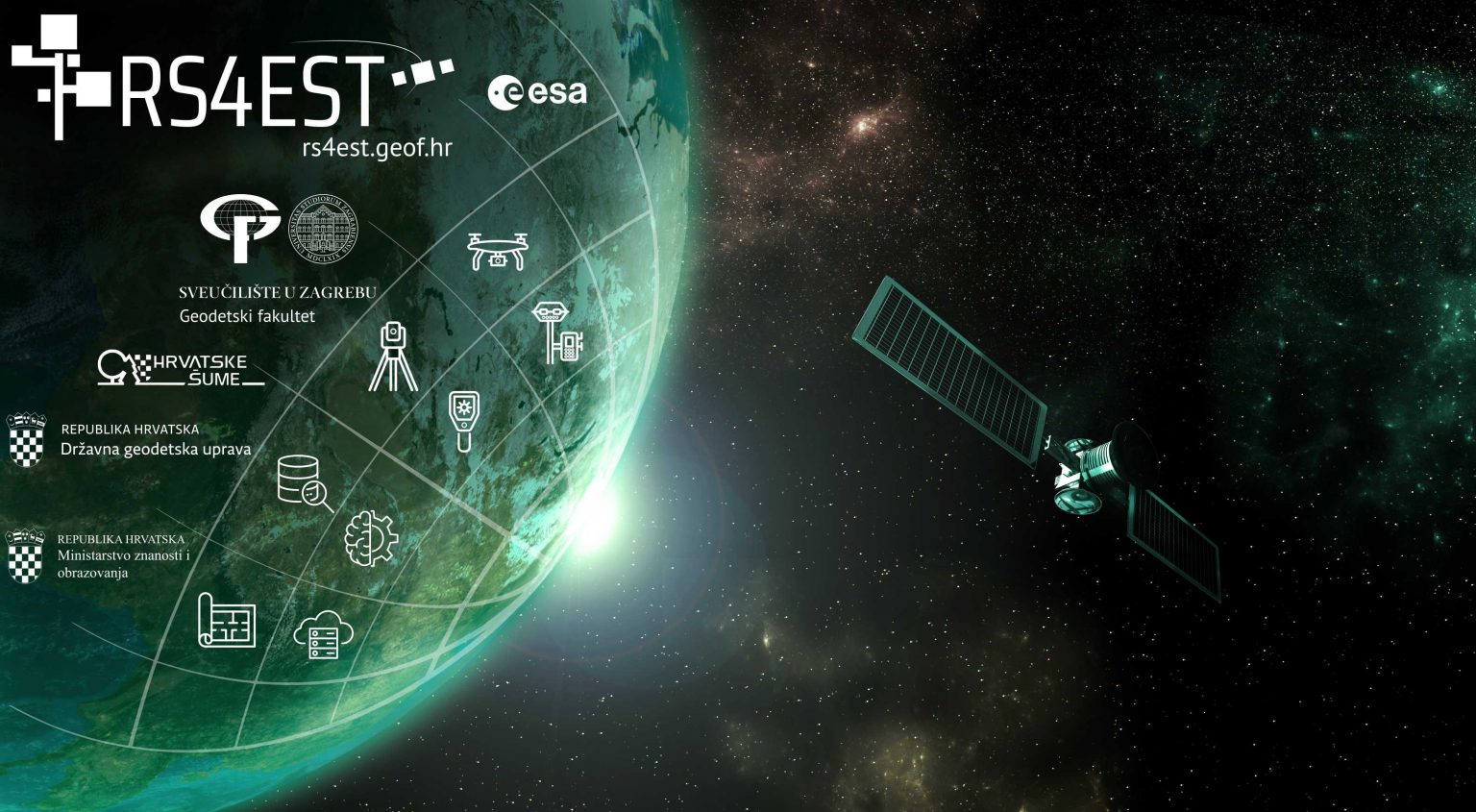
The European Space Agency’s tender approved the project proposal “Automatic monitoring of narrow-leaved ash (Fraxinus angustifolia Vahl) forests by remote sensing methods and Copernicus data”. This project proposal is the result of many years of interdisciplinary research in the field of geodesy, geoinformatics and forestry. The project holder is the Faculty of Geodesy, University of Zagreb, with partners from Croatian Forest Ltd Zagreb and the State Geodetic Administration.
One of the project’s main goals is to develop a prototype algorithm for automatic monitoring of narrow-leaved ash forests based on advanced remote sensing methods using space technologies. The development of an automatic system for monitoring the decay of narrow-leaved ash will enable the collection of accurate and up-to-date spatial data on the condition of ash. The total area of forests and forest lands in the Republic of Croatia is 2,759,039 ha, which is 49.3% of the country’s land area, according to which it is in the group of forested European countries. Monitoring the health condition of forests, especially the intensity and dynamics of tree damage, is necessary for forest management. The European Space Agency’s Copernicus program with its satellite segment (Sentinel satellites) provides free access to high spatial and temporal resolution satellite images. These data can be used by automatic methods based on machine learning to quickly detect the condition of narrow-leaved ash and other species and make damage maps. The developed system will enable the implementation of spatial and temporal analyzes and thus will accelerate the quality of monitoring and management of forests and forest infrastructure.
The development of technologies and the minimization of sensors in the last ten years has led to a great expansion of geodesy and geoinformatics. Scientific areas of geodesy such as remote sensing, photogrammetry, and geoinformatics are expanding their application to other technical fields and many natural and biotechnical (scientific) fields. The Faculty of Geodesy has been conducting scientific research for many years to develop, apply, and disseminate knowledge in the field of space technologies, such as the application of data from the Copernicus program of the European Space Agency. The main goal of the Faculty is to develop new technologies and methods in the field of geodesy and geoinformatics and applications in technical, biotechnical, natural and other sciences, along with the education of students Geodesy. In this way, the way is laid for the geodetic economy and the entire economy to expand the business and create new jobs.
